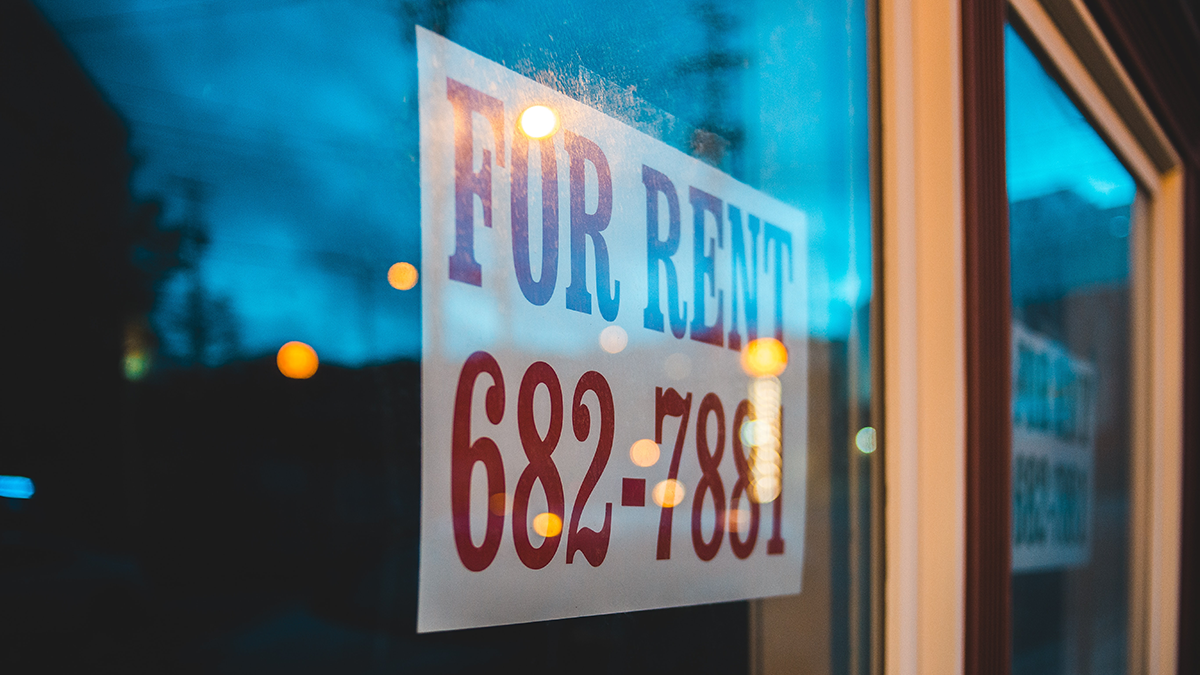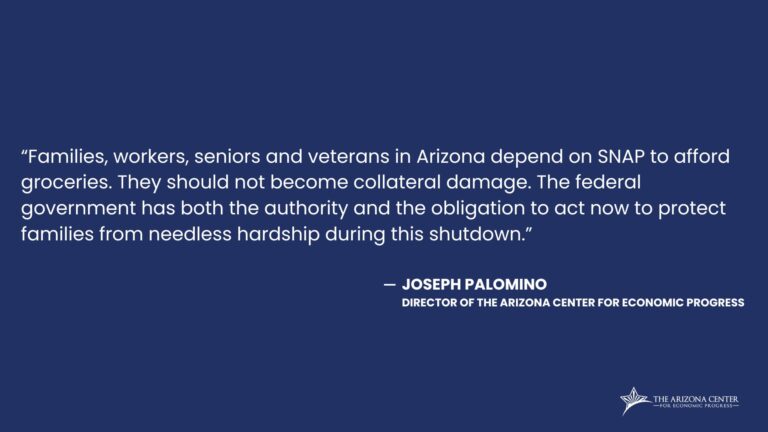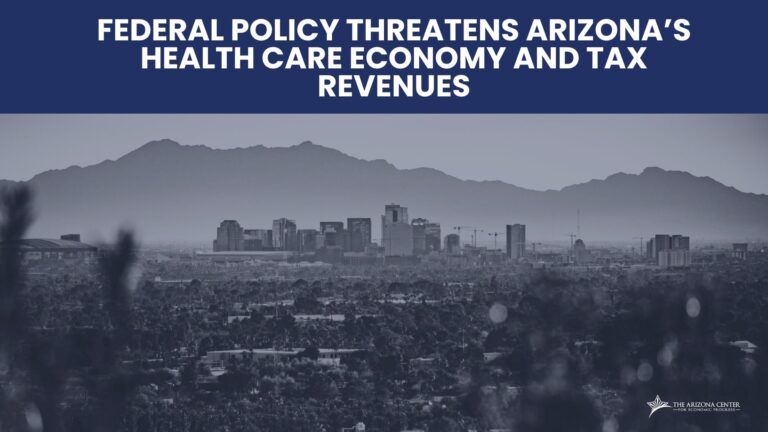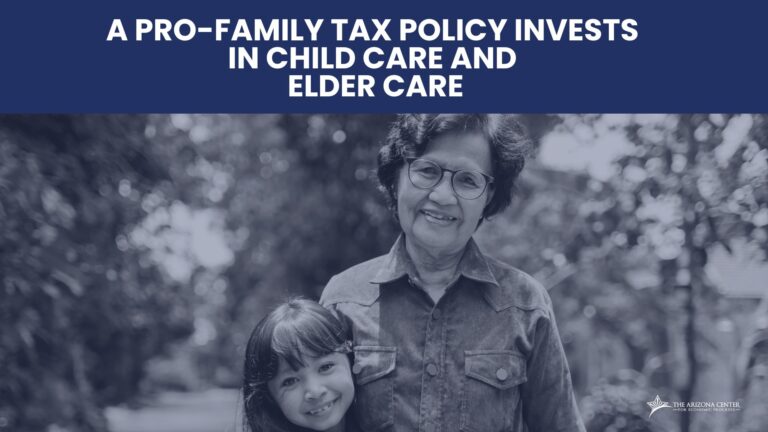
We Need to Protect Arizona’s Tenants
In 2018, before COVID-19 and its economic fallout, nearly 9 in 10 Arizonan households with extremely low incomes spent more than half of their income on housing—leaving little room for emergency expenses. Many low-income, hourly wage workers see furloughs, layoffs, or reduced hours because they become sick or need to care for a family member. This lost income, combined with unreimbursed medical bills can quickly send households into housing instability, eviction, and even homelessness. While the federal government issued $1,200 stimulus payments and instituted a 120-day moratorium on evictions for residents in federally assisted housing as a part of the CARES Act, Arizona’s state and local authorities should protect all renters.
Last month, Governor Doug Ducey issued an executive order delaying the enforcement of eviction action orders for 120 days for renters impacted by COVID-19, including those quarantining or are facing economic hardship as a result of the outbreak. While this is a step in the right direction, it narrowly applies to enforcement, does not slow the remainder of the eviction process, allowing tenants time to get back on their feet. As highlighted by national advocates including the National Housing Institute and Eviction Lab at Princeton University, a more effective moratorium would cover all phases of the process, including eviction initiation, court processes, and enforcement. Pausing only one phase does not prevent cases from being processed in the other phases. Arizona now risks a flood of evictions once the executive order expires this summer, which could undermine social distancing practices and overwhelm homeless shelters.
- Pause initial notices for nonpayment
- Pause court proceedings
- Pause enforcement for all nonpayment cases
- Suspend late fees and accrual
- Require social distancing by landlords
- Extend moratorium beyond emergency declaration
- Provide financial assistance to tenants and landlords
In addition to halting evictions at all stages, Arizona officials should eliminate any ambiguity and discourage unnecessary litigation by broadening the moratorium’s coverage to most cases of nonpayment. State officials should also suspend imposition of late fees or other charges to makes sure that tenants are not involuntarily displaced during the pandemic from accumulated fees or waived legal rights. And in the interest of public health and social distancing, Arizona should set limits on landlord access, including routine inspections and non-essential unit entry, especially if tenants are ill or members of a high-risk group.
Arizona can and should take necessary measures to protect tenants through an expanded eviction moratorium that extends beyond the statewide emergency declaration to allow tenants to return to work and earn enough income to afford rent. To support landlords in the near term, the state should continue to mobilize resources toward housing stabilization via rental assistance. While the Arizona Department of Housing has allocated $5 million from the Housing Trust Fund in rental assistance, much more will be needed. Arizona should take advantage of CARES act provisions allowing federal Community Development Block Grant, Emergency Solutions Grant, and Coronavirus Relief Fund to boost state efforts.
With a stronger, broader eviction moratorium and expanded rental assistance resources, Arizona can provide housing security and peace of mind for all low-income tenants as the economic crisis abates.



